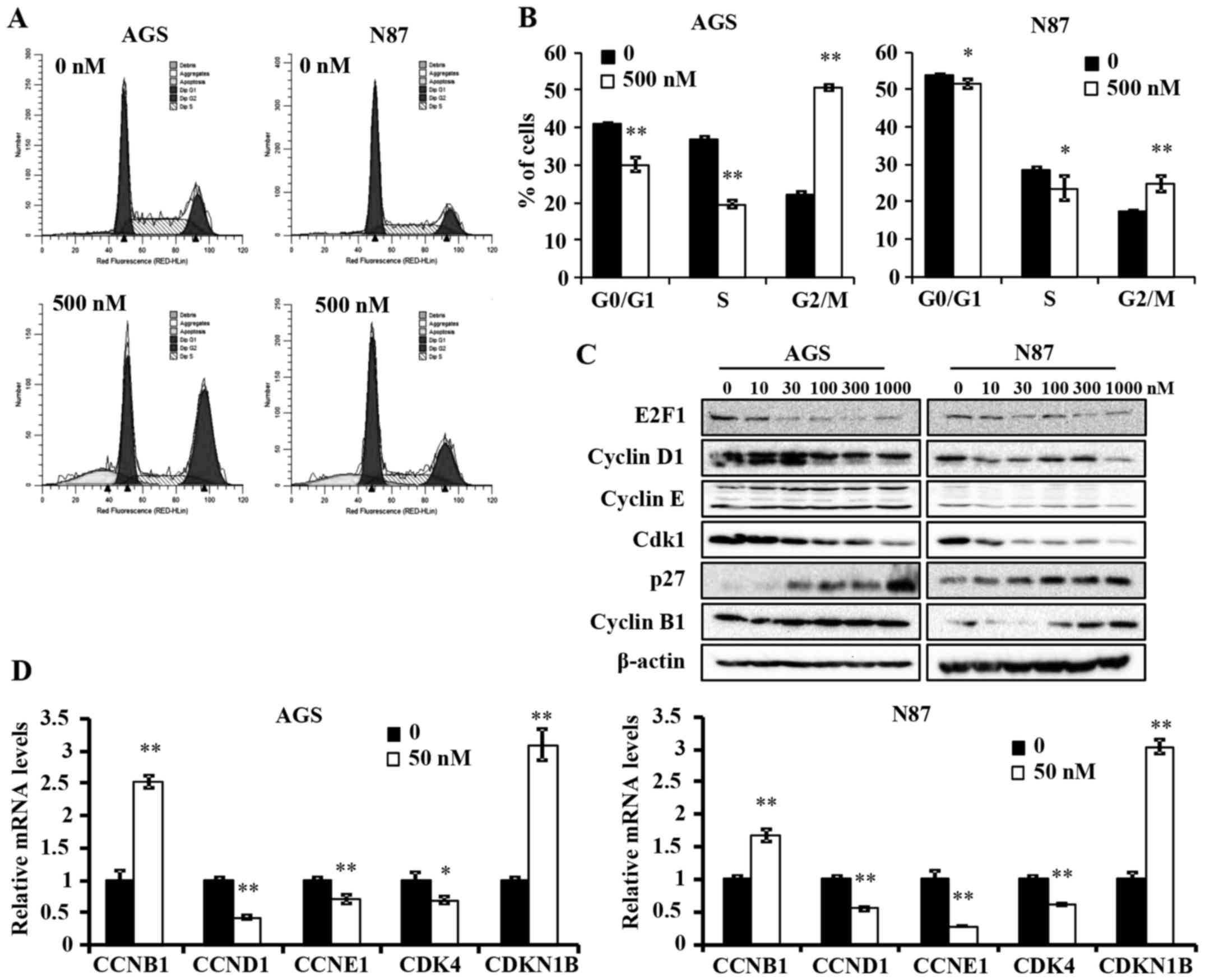The molecular architecture of cell cycle arrest Biology Diagrams Sepsis-associated acute kidney injury (SA-AKI) is a severe complication in critically ill patients, with a complex pathogenesis involving in cell cycle arrest, microcirculatory dysfunction, and inflammation. Current diagnostic strategies remain suboptimal. Therefore, this study aimed to evaluate pat …

The cell cycle biomarkers have been shown to be involved in a diverse array of biologic processes, including cell cycle arrest. In the setting of cell cycle arrest, these proteins signal activation of the p-protein cascade (p53, p21 and p27), which in turn blocks the effect of the cyclin-dependent protein kinase complexes [28- 32].

Predictive value of urinary cell cycle arrest biomarkers for ... Biology Diagrams
The cell cycle arrest markers tissue inhibitor metalloproteinases-2 (TIMP-2) and insulin-like growth factor-binding protein 7 (IGFBP7) have been identified as potential biomarkers of acute kidney

The two top biomarkers from discovery were validated. Urine insulin-like growth factor-binding protein 7 (IGFBP7) and tissue inhibitor of metalloproteinases-2 (TIMP-2), both inducers of G1 cell cycle arrest, a key mechanism implicated in AKI, together demonstrated an AUC of 0.80 (0.76 and 0.79 alone).

cell cycle biomarkers: promising research, but do not oversell them ... Biology Diagrams
Derivation and validation of cutoffs for clinical use of cell cycle arrest biomarkers Nephrol Dial Transplant. 2014 Nov;29(11) :2054-61. metalloproteinases (TIMP)-2 and insulin-like growth factor binding protein (IGFBP)7 are two recently discovered urinary biomarkers for AKI. We now report on the development, and diagnostic accuracy of two In a biomarker-based approach, these two G1 cell cycle arrest markers guided the implementation of a bundle of supportive measures which was associated with a significantly reduced occurrence of AKI . Such a patient individualized approach using novel biomarkers could also be beneficial for COVID-19 patients in order to improve outcomes. TIMP-2 and IGFBP-7 are identified as effective biomarkers for cell cycle arrest during the progression of AKI. Ang-2 has a great contribution to microvascular dysfunction in sepsis.

The two top biomarkers from discovery were validated. Urine insulin-like growth factor-binding protein 7 (IGFBP7) and tissue inhibitor of metalloproteinases-2 (TIMP-2), both inducers of G1 cell cycle arrest, a key mechanism implicated in AKI, together demonstrated an AUC of 0.80 (0.76 and 0.79 alone). The research on cell cycle arrest biomarkers mainly focuses on the related fields of tumors and acute kidney injury (AKI). According to the admission criteria in the intensive care unit (ICU), the early diagnosis of tumors does not belong to the research scope in ICU, while AKI is characterized by high mortality and poor prognosis in ICU.
